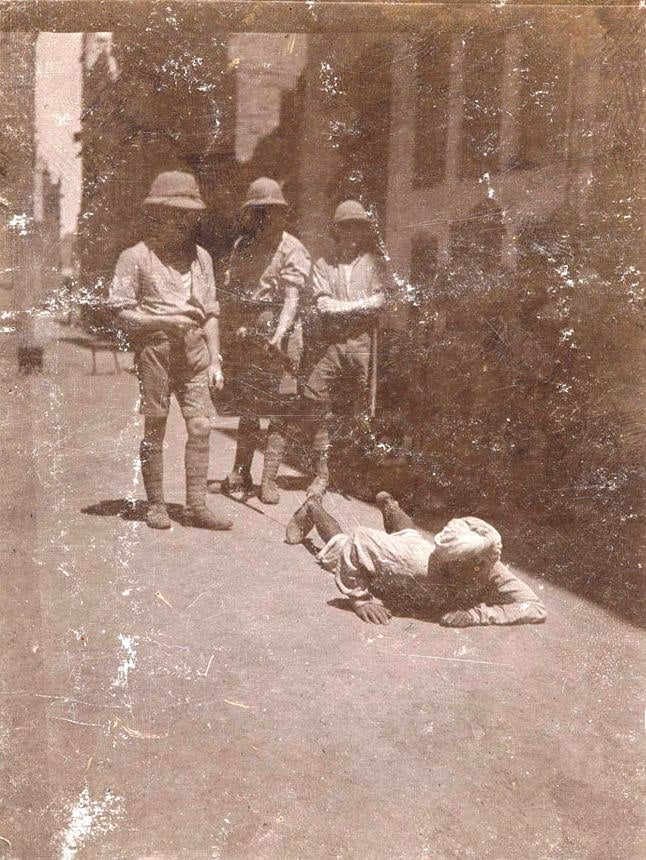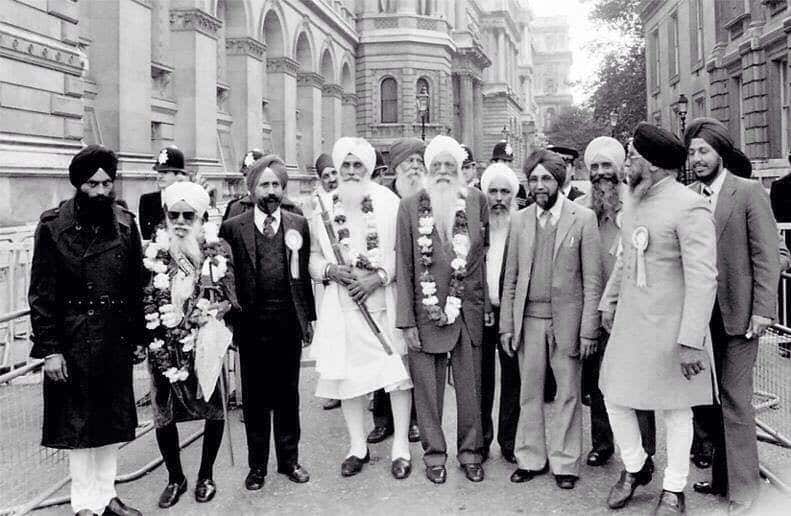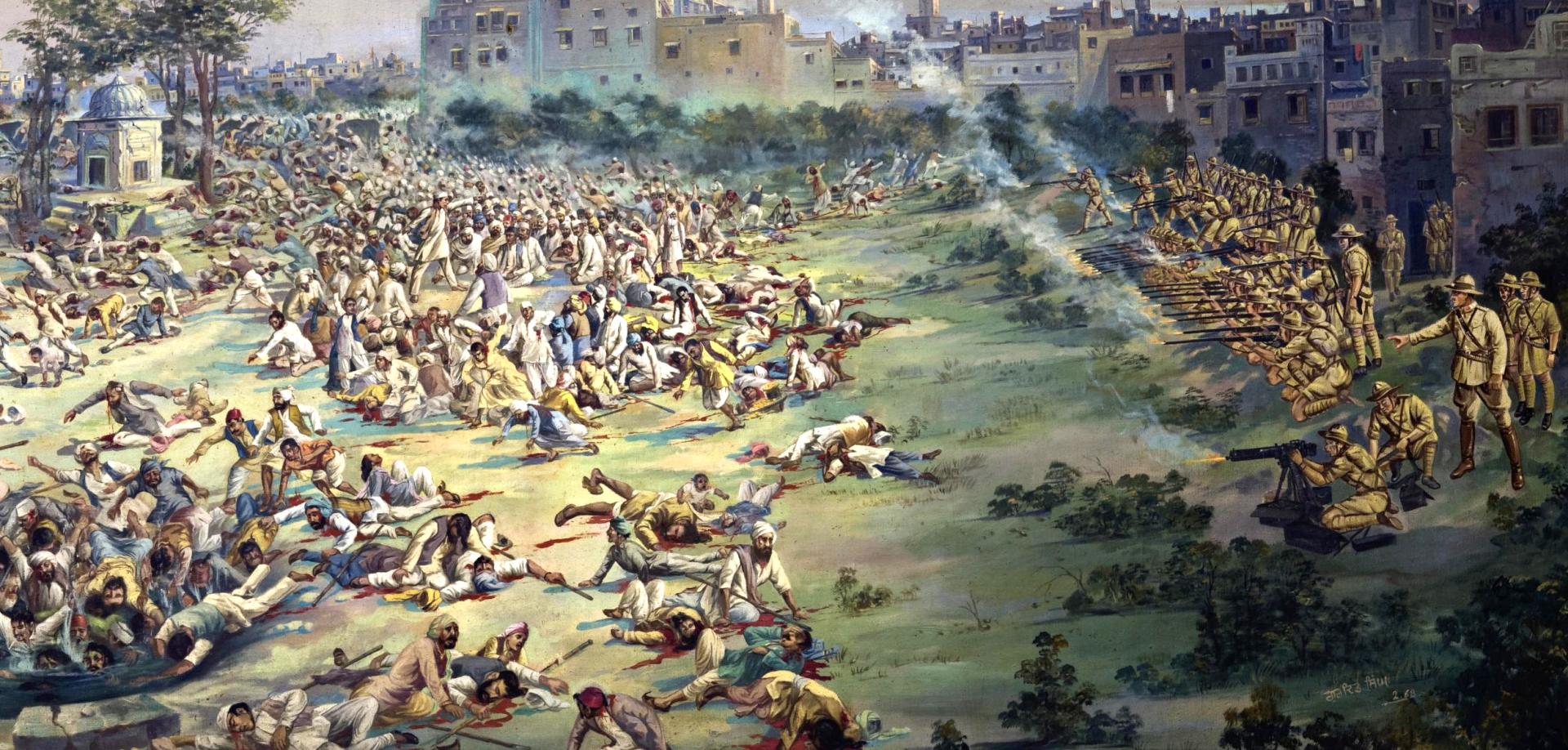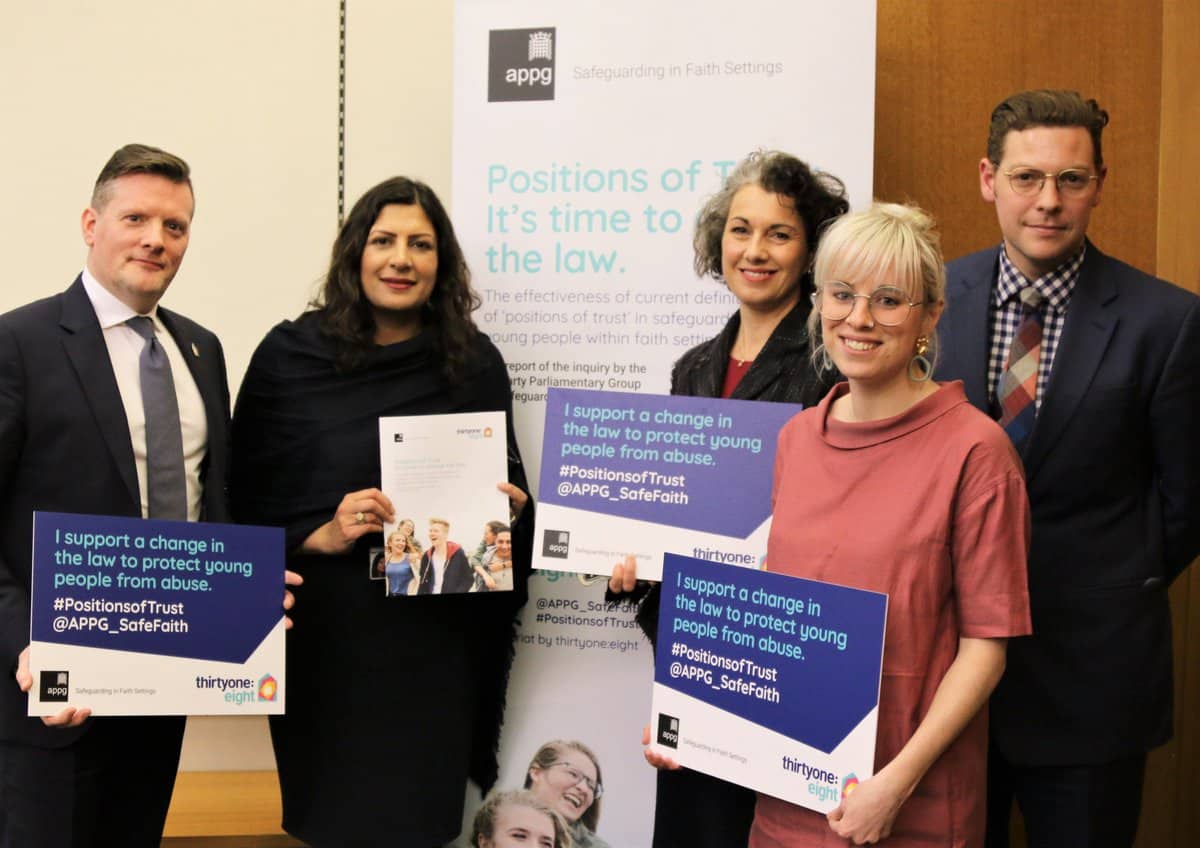This SCUK COVID19 Guidance 070121 definitive document is produced as a collaboration between the Sikh Council UK and the Sikh Doctors Association.
It takes effect (legally) from 6th January, 2021.
Official Government guidance
In the event of any conflict between any applicable legislation (including the health and safety legislation) and this guidance, the applicable legislation shall prevail.
For the full Government guidance, please visit :
National lockdown: Stay at Home – GOV.UK (www.gov.uk)
COVID-19: guidance for the safe use of places of worship from 2 December – GOV.UK (www.gov.uk)
Tier 5 will remain in place until February 15th 2021, when it will be reviewed.
Who is this guidance aimed at?
This guidance is of a general nature and should be treated as a guide.
It is primarily advice to gurdwara management committees on how to currently manage covid-19 risk to ensure a safe, covid-secure environment in which the sangat can access the Gurdwara.
It also contains advice for the sangat on how to visit the gurdwara safely – this two way responsibility is vital, as the management alone cannot ensure covid-19 risk is minimised.
Why are Gurdwaras open in lockdown?
The Government, along with its advisory Task Force, produces guidance which is based on the most robust evidence available, the expertise of the chief UK scientists and doctors and Faith leaders. Once released, it is legally enforceable under the Coronavirus Act 2020.
The Prime Minister announced a blanket lockdown for the whole of England, under Tier 5 rules. This lockdown differs to the first lockdown in March 2020.
Tier 5 guidance allows Gurdwaras to remain open, subject to strict risk management and controls. This guidance will detail how to stay open safely, as the norm.
Why the change?
The UK is under the increasing grip of the new variant in the SARS Cov-2 virus:
- It has been both frustrating and alarming to see the speed with which the new coronavirus variant is spreading and causing the majority of new cases.
- Scientists have confirmed this new variant is 70% more transmissible than the previous virus, meaning MORE PEOPLE will get infected MORE EASILY.
- This is confirmed today with the highest daily death rate of 1,041 deaths against a backdrop of over 60,000 new daily cases.
- The number of covid-19 patients in hospital is 40% higher than the peak in the first wave. The NHS is at severe risk of being overwhelmed.
What is the new system in operation?
The Government have replaced the previous lockdown with a revised 5-tier ‘traffic light’ system in May 2020:

What should the Gurdwara do?
General hygiene and safety advice remains the same as in previous guidance. But enforcement needs to be stricter, with:
- Hand washing – essential with soap for 20 seconds, as the 3rd mutation spreads more via touch/contact
- Social distancing at 2m minimum being vital.
- A face covering must be worn inside the Gurdwara – a legal requirement.
It may help to have an authoritative letter displayed at the entrance, signed by the Pardhaan, stating that mandatory rules are enforced at the Gurdwara and the overriding priority is safety of the sangat. Wearing a mask is primarily to help others, by spreading less potential infection. The covid marshalls can reserve the right to deny entry to the Gurdwara by non-compliant individuals to maintain safety of the majority.
Each individual Gurdwara is strongly advised to apply this guidance with reference to its own specific circumstances, including its size and type of activities, how it is organised, operated, managed and regulated.
It remains the responsibility of the Gurdwara Management Committee to ensure that it carries out a risk assessment in relation to safety of each function during the current pandemic of COVID-19.
Management committees are advised to appoint a dedicated, informed covid-19 team with a senior covid-19 lead. They may seek the advice of their local covid-19 expert and adopt best governance.
Who can attend the Gurdwara?
Whilst all sangat is welcome, compliance with the gurdwara rules is vital – this needs to be displayed on the entrance doors, signed by the Pardhaan.
Those who are clinically vulnerable, or shielding, should avoid going to the gurdwara. See link for detail: Guidance on shielding and protecting people who are clinically extremely vulnerable from COVID-19 – GOV.UK (www.gov.uk)
Remember, you may have covid-19 without any symptoms. If you have been in contact with any covid positive person, please isolate at home and DO NOT VISIT THE GURDWARA for 10 days.
If you have symptoms of covid-19, go for a covid test. DO NOT VISIT THE GURDWARA until you have recovered (minimum 10 days away).
Numbers attending Gurdwara and sitting in Diwan
Communal worship is still allowed in all tiers.
For Gurdwaras, this means that normal diwans can take place (akhand path, katha, kirtan and dhadis etc).
Do continue to broadcast services online for those who need to stay at home or are able to mark the event at home to avoid large gatherings
However we stress that Gurdwara Management Committees should take into account and include:
- Limit sangat members entering and sitting in darbar sahib – should be decided on the basis of the capacity of the Gurdwara hall following an assessment of risk. The hall capacity number must be displayed on the entrance to the hall.
- For Gurdwaras with multiple halls and multiple programmes, please be aware of the impact of one programme on another. Stagger timings of programmes if you can.
- Try and minimise cross interference of moving sangat from hall to hall and cross gatherings within the Gurdwara.
- A key risk time is the sangat leaving en masse after bhog. This must be specifically managed as it has a knock on effect at the degh area, stairs, corridor and jora ghar.
- Covid marshalls (sevadar) must monitor likely pinch points and busy areas (such as entrances, exits, foyer). Consider a formal rota to ensure cover.
- People should sit in darbar sahib with a minimum 2m social distancing – floor markings are advised.
- One-way routes should operate clearly inside the hall, with a separate exit.
- Good ventilation in the hall (open windows, keep doors open)
- Hand sanitizers should be made available.
Ensure there is ongoing monitoring of the numbers within the diwan hall.
Kirtan
As communal worship is allowed in all tiers, this means that Kirtan is allowed. As such, there is no restriction in doing safe Kirtan in the Gurdwara. Examples of
good practice:
- Kirtani Jatha to observe social distancing on stage if possible,
- Set up rope barriers separating stage and Sangat from Kirtani Jatha
- 4m distance between kirtani jatha and the front sangat
Guidance on suggested principles of safer singing can be found on: https://www.gov.uk/government/publications/covid-19-suggested-principles-of-safer-singing/covid-19-suggested-principles-of-safer-singing
Langar
There is no restriction on serving langar in the tiers
Langar is part of communal worship, in the principles of ‘Pangat and Sangat’. However a careful risk assessment must be carried out when preparing and serving Langar.
We recommend as per the government guidance for cafes, langar is provided as direct service to those seated in pangat, to avoid queuing and touching of utensils, and if possible use disposable utensils. Please see our previous guidance for examples of good practice that Gurdwaras already have in place.
However in Tier 5, as the third mutation is particularly transmissible by touch and contact, there is an absolute need to have the strictest system in operation for considering if Langar to be consumed at the Gurdwara:
- Covid marshalls at the entrance to langar hall to control sangat flow
- Sangat to be seated on the floor, at least 2m apart and all facing one direction
- A minimum langar offering is advised
- No talking or grouping allowed in the langar hall
- Adequate ventilation in place
- Increased cleaning of the hall in line with the turnover of sangat
An alternative is for langar to be prepared and then given to Sangat as “take-away” to be consumed at their premises (homes).
Meeting other people in the Gurdwara
You cannot meet anyone inside the Gurdwara outside of your bubble. No standing in corridors, or chatting or close body contact (such as shaking hands).
Anand Karaj
Wedding and civil partnership receptions and celebrations are not permitted to take place.
Where possible, a wedding can only take place in exceptional circumstances, for example, an urgent marriage where one of those getting married is seriously ill and not expected to recover.
Weddings are restricted to 6 people for weddings being done in exceptional circumstances.
No food or drink should be consumed as a part of the event.
Please refer to: COVID-19: Guidance for wedding and civil partnership receptions and celebrations – GOV.UK (www.gov.uk)
Funerals
Funerals must have no more than 30 people attending for all tiers.
There are no changes in numbers. But, no food or drink should be consumed as a part of the event.
Please refer to previous SC UK funeral guidance.
Test and trace
Gurdwaras can consider participating in the Test and Trace system by keeping a temporary record of visitors for 21 days (this is not compulsory). We do recommend that consent is taken. NHS Test and Trace may request your help in contact tracing and in the investigation of local outbreaks.
You can also display official NHS QR code posters so that those with the mobile app can scan if they choose.








